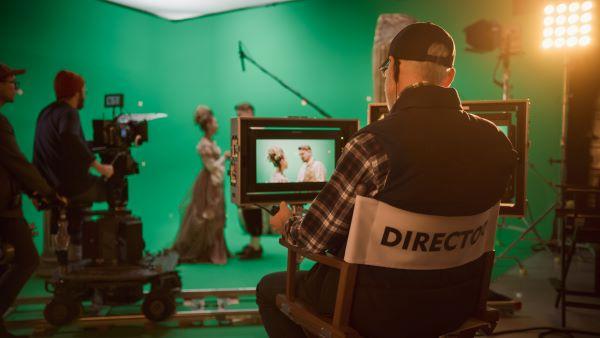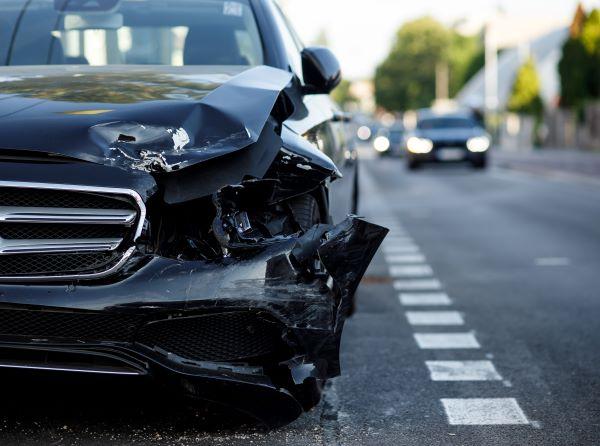
As an actor or actress in the UK, you may find that your profession poses some unique challenges when it comes to securing affordable car insurance. Whether you’re driving to auditions, transporting costumes and props, or simply commuting to set, having adequate coverage is essential. However, many insurers view actors and actresses as high-risk drivers due to their often-unpredictable schedules and extensive time spent on the road. In this guide, we’ll explore how actors and actresses in the UK can navigate the complexities of car insurance and secure a fair deal.
Insurance providers have a unique set of challenges when it comes to assessing the risk posed by actors and actresses. While these individuals may have glamorous jobs, their lifestyles and work requirements can make them higher-risk clients for insurance purposes. Here are some key factors that contribute to this designation:
- Unpredictable schedules: Actors and actresses often work non-traditional hours, with shooting schedules that can vary greatly from one day to the next. They may have late-night shoots, early morning call times, and long rehearsal days that can disrupt their sleep patterns and impact their ability to drive safely. Additionally, the stress and fatigue associated with these demanding schedules can impair their judgment and reaction time behind the wheel. As a result, insurance providers view actors and actresses as higher risk because they may not be able to maintain a consistent and safe driving routine.
- Extensive time spent on the road: Actors can spend a significant amount of time travelling for auditions, shoot locations, and performances. This means they log more miles than the average driver, which increases their exposure to potential accidents. Long drives can also lead to driver fatigue, further elevating the risk of an accident. Moreover, the pressure to arrive at destinations on time can sometimes cause actors and actresses to speed or engage in other risky behaviours, such as tailgating or weaving in and out of lanes. Insurance providers take all of these factors into account when determining premiums
- Higher value equipment: Actors and actresses often need to transport expensive equipment, such as cameras, lighting, and sound systems, which can significantly increase the value of their vehicles. This makes them more attractive targets for thieves, who may see an opportunity to steal valuable equipment or even hijack the vehicle. In addition, actors and actresses may be more likely to leave their vehicles unattended for extended periods, providing an opportunity for theft or vandalism.
- Driving in Unfamiliar Locations: When working on location, actors and actresses may find themselves driving in unfamiliar areas, which can increase their risk of getting lost, involved in accidents, or receiving parking tickets. They may not be familiar with local traffic laws, road conditions, or hazards, making them more prone to mistakes behind the wheel.
 It is important to note that these factors do not mean that actors and actresses are inherently bad drivers. Rather, the demands of their profession can create circumstances that increase their risk profile. However, there are steps that actors and actresses can take to mitigate these risks and lower their insurance premiums. For example, they can invest in defensive driving courses, install safety features in their vehicles, and maintain a clean driving record.
It is important to note that these factors do not mean that actors and actresses are inherently bad drivers. Rather, the demands of their profession can create circumstances that increase their risk profile. However, there are steps that actors and actresses can take to mitigate these risks and lower their insurance premiums. For example, they can invest in defensive driving courses, install safety features in their vehicles, and maintain a clean driving record.
There are several types of car insurance available for actors, depending on their specific needs and circumstances. Here are a few examples:
- Personal auto insurance: This type of insurance policy is ideal if you use your car for both personal and professional purposes. It provides four essential coverage types: liability, collision, comprehensive, and medical. Liability coverage protects you against lawsuits arising from accidents where you’re at fault, while collision and comprehensive coverage handle damages to your vehicle caused by collisions or natural events (like theft, fire, or flooding). Medical coverage takes care of injuries sustained during an accident, regardless of who’s responsible.
- Commercial auto insurance: If you utilise your vehicle predominantly for business reasons – e.g., transporting props, costumes, or equipment to various filming sites – commercial auto insurance becomes a more suitable option. It functions similarly to personal auto insurance but caters explicitly to business usage. Commercial auto insurance safeguards your company’s assets and shields you from legal action resulting from accidents involving your vehicle(s) during work-related activities.
- Non-owned auto insurance: What happens if you don’t own a car but frequently rent or borrow vehicles for work? That’s where non-owned auto insurance comes in handy. This type of policy provides liability coverage for damage or injury caused to others while operating a rented or borrowed vehicle for work-related purposes. Non-owned auto insurance doesn’t include physical damage coverage for the vehicle itself since you don’t own it. Before purchasing non-owned auto insurance, confirm whether your employer or the rental agency has existing coverage that extends to you. If so, you might only need to purchase supplementary coverage to fill gaps in their policy.
 Actors need car insurance for the same reason anyone else does – to protect themselves financially in case of an accident. But for actors, car insurance takes on added importance because of the unique nature of their work. Here are just a few ways that car insurance can help protect actors and their careers:
Actors need car insurance for the same reason anyone else does – to protect themselves financially in case of an accident. But for actors, car insurance takes on added importance because of the unique nature of their work. Here are just a few ways that car insurance can help protect actors and their careers:
- When acting, you may find yourself driving to different locations for shoots, rehearsals, or meetings. In the event of an accident, liability coverage can provide financial protection by covering damages to other people or property. This aspect of car insurance becomes particularly important for actors who often drive long distances or operate large vehicles, which could lead to more significant damage in the event of a crash. With sufficient liability coverage, you can minimise the risk of financial devastation due to lawsuits or medical expenses resulting from an accident.
- Collision coverage: Suppose you use your personal vehicle for work-related purposes; collision coverage can be a lifesaver. Imagine being involved in a small collision en route to a critical audition or a shoot. Without collision coverage, the cost of repairs or replacing your car could be financially crippling. Collision coverage helps alleviate this burden by covering the expenses associated with fixing or replacing your vehicle, allowing you to focus on your professional commitments without worrying about the financial fallout.
- Comprehensive coverage: Actors often spend extended periods away from home, travelling for projects or working on location. During these times, your car may be exposed to various risks, such as theft, vandalism, or natural disasters like floods or wildfires. Comprehensive coverage shields your vehicle from these threats, providing compensation for damages or losses unrelated to collisions. For instance, if your parked car gets hit by a falling tree branch or suffers hail damage, comprehensive coverage can help cover the necessary repairs.
- Uninsured/Underinsured Motorist Protection: This coverage safeguards you in cases where you’re involved in an accident with someone who lacks proper insurance or cannot be identified (as in a hit-and-run scenario). Uninsured/underinsured motorist protection ensures that you still receive compensation for injuries or property damage, regardless of the other party’s insurance status.
By understanding the unique risks faced by performers and the various types of coverage available, actors and actresses can make informed decisions about their car insurance needs. Whether they choose to purchase additional coverage for high-value items or opt for a standard policy, having the right insurance in place can provide peace of mind and allow them to focus on their craft without worrying about potential financial setbacks. Ultimately, taking the time to research and select appropriate car insurance can pay off in the long run, both personally and professionally.




